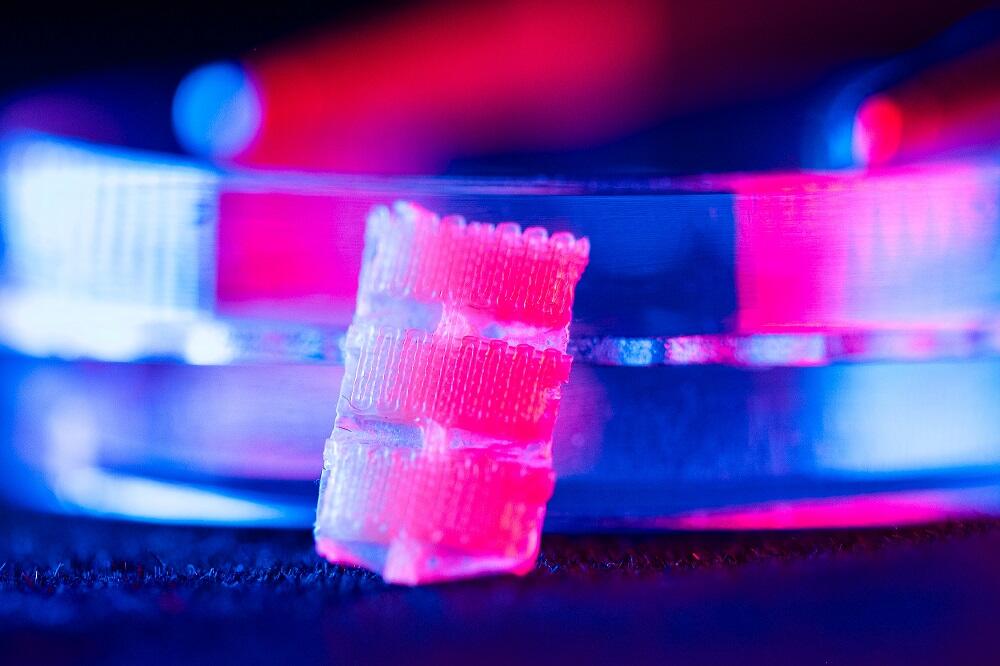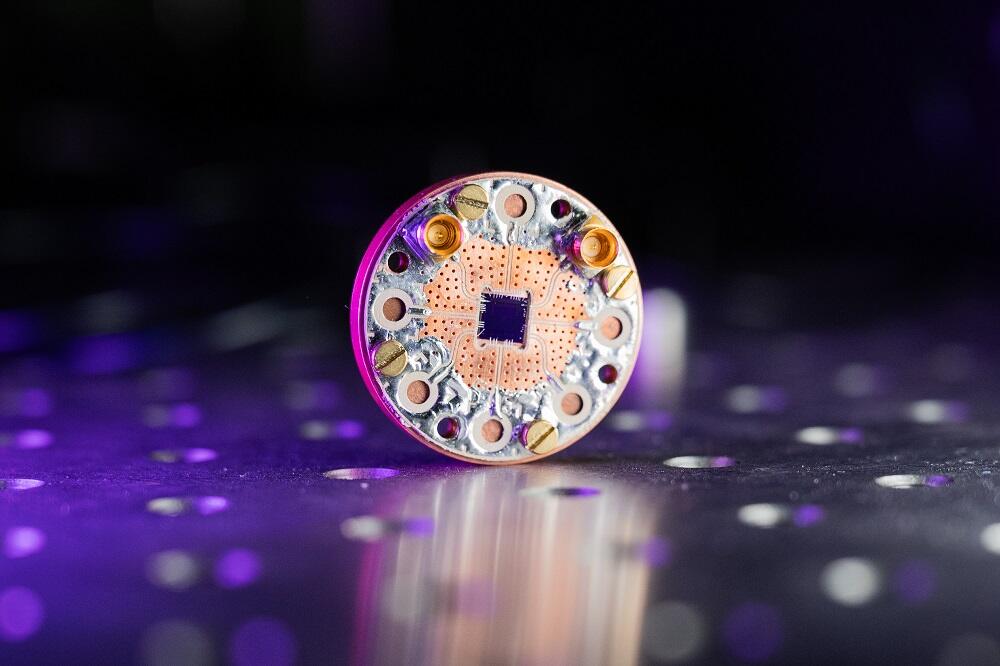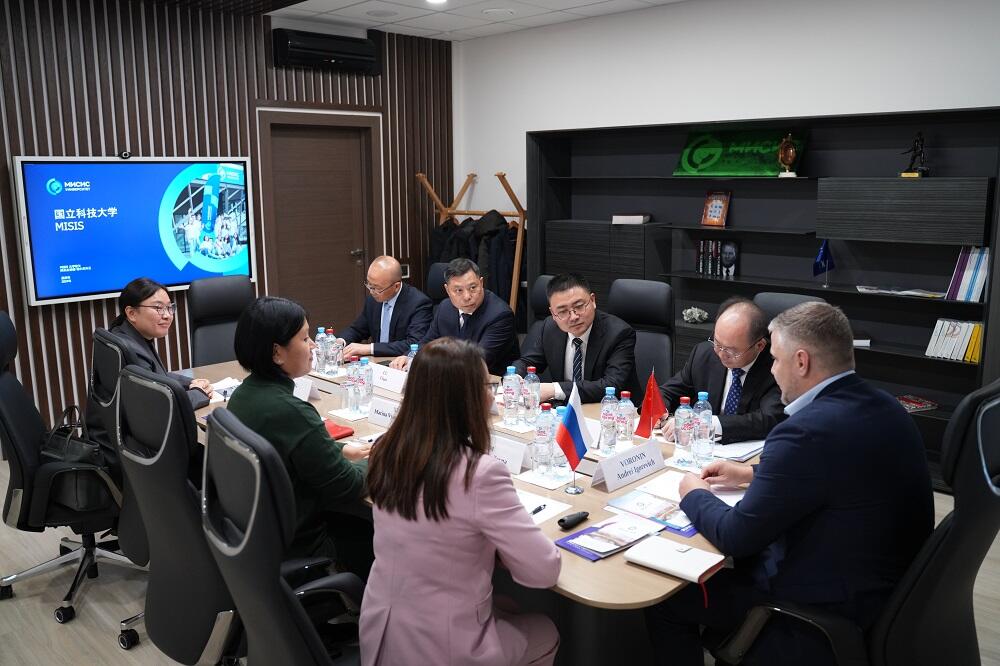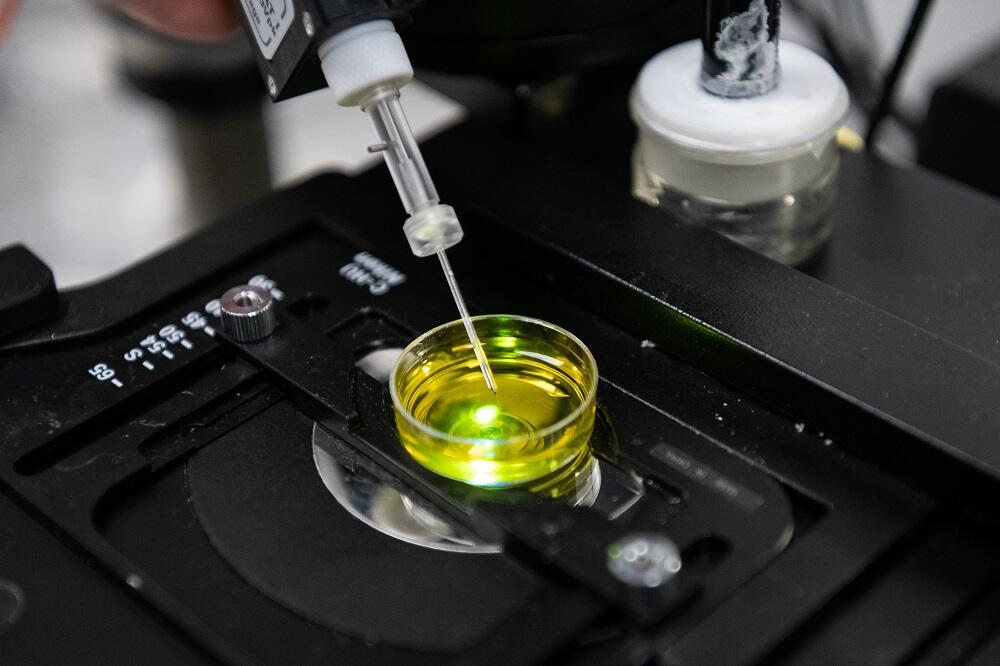New neuroimplant is one step closer to spinal cord injury patients
Researchers at NUST MISIS have patented a neuroimplant that will help restore damaged nerve tissues in the spinal cord. The structure consists of two layers: a biodegradable polymer and special fibers that can be filled with medications targeting damaged nerve tissues in the spinal cord and accelerating healing. Obtaining the patent confirms the high inventive level of the product and brings closer the possibility of launching production of the neuroimplant to assist people.




